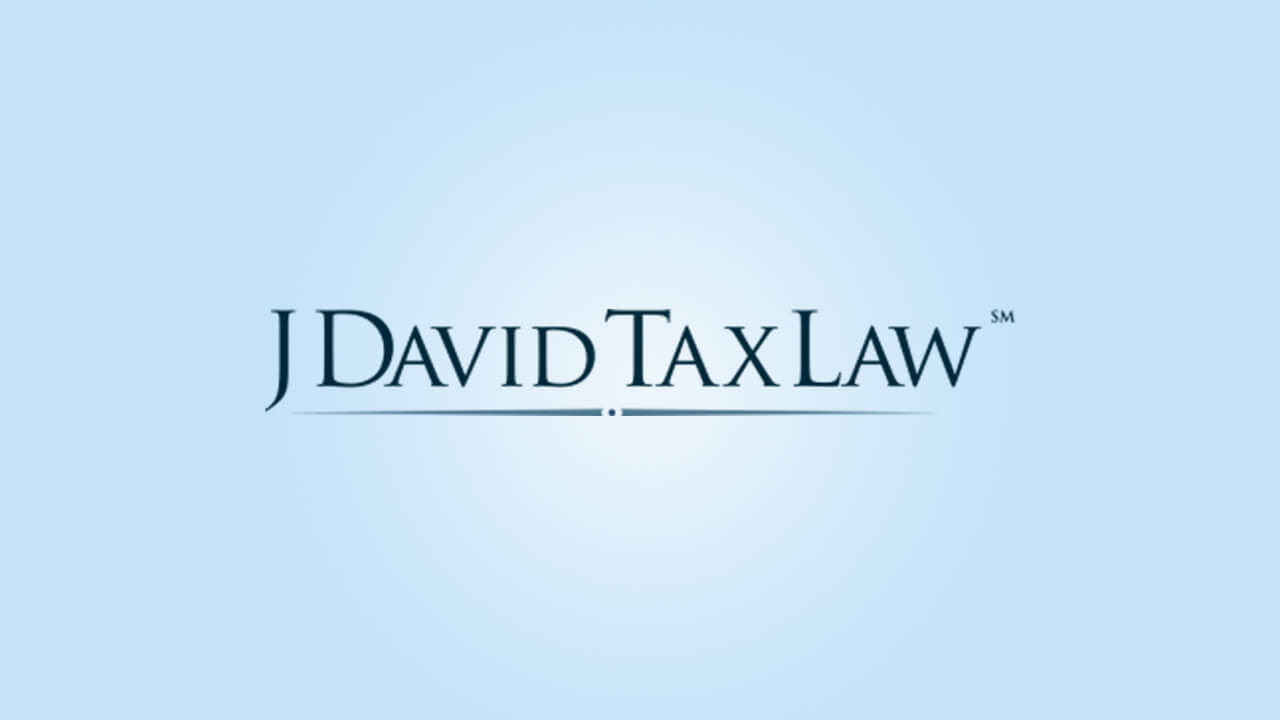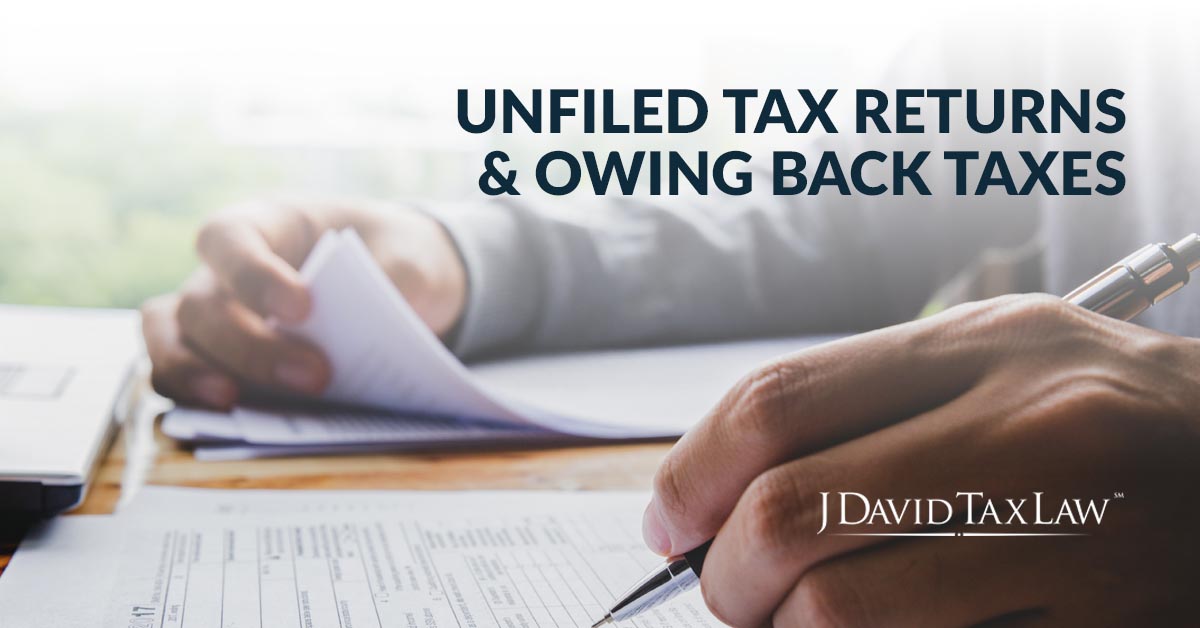I Missed My Federal Tax Extension Deadline

I Missed My Federal Tax Extension Deadline
If you filed for a Federal Tax Extension and missed the deadline, read this article for information about the consequences and what to do next.
Federal tax is an important topic on which American taxpayers must gain a better understanding. Filing taxes on time is important. The regular deadline to file tax returns to the IRS is April 15th. Under different types of circumstances, taxpayers who are unable to file by that deadline may request an extension for more time to file. The extension deadline to file, if granted, is October 15th. This extension deadline is not an extension to pay for owed taxes. If taxpayers fail to file by the requested extension deadline, they risk facing negative financial consequences.
Various penalties will incur if taxes are filed past the deadline or more than 60 days after the deadline. Failure to request an extension or failure to file by the deadline can result in a failure-to-file penalty.
Late Filing Penalty and Interest Breakdown
Failure-to-pay is one of the penalties that taxpayers may face. With this penalty, the charge is half of 1% of the unpaid tax for each month or part of each month the payment is late. Additionally, there is an interest charge of 5% which is compounded daily. This interest can potentially reach up to 25% of what is owed. If taxes are filed more that 60 days after the deadline, a different penalty is applied. The penalty is a $210 minimum or 100% of the unpaid tax, depending on which amount is less. For example if you owe more than $210, that charge is at least $210. If the total you owe is less than $210, the penalty would equal to that amount.
The penalties vary depending on whether a refund is expected or if taxes are owed.
If taxes are filed after the October deadline extension and taxes are owed to the IRS, there is a potential for severe penalties. If the taxpayer fails to file, the IRS may file a substitute return. The substitute return can prevent the taxpayer from receiving exemptions and deduction credits. The IRS will also send a proposed tax assessment or a Notice of Deficiency. If the taxpayer still fails to file the past due tax 90 days after the substitute return is filed, the IRS will issue a tax bill. Collection processes including a levy on wages, bank accounts, and assets or a federal tax lien can be triggered if the tax bill is left unpaid. Long-term financial consequences such as damage to taxpayer’s credit score can also occur. Under more extreme cases such as repeated non-filing, criminal prosecution for tax evasion may be enforced.
If a refund is expected after taxes are filed, the penalty is less severe. In most cases, nothing will happen to the taxpayer. If interest or penalty have incurred, the amount owed would be deducted from the expected refund. It is the responsibility of the taxpayer to file on time to prevent the refund from being held.
To avoid any penalties, there are simple solutions taxpayers can follow. The simplest solution is to file taxes as soon as possible. Less penalties would incur. The taxpayer will receive a refund if it is expected. Filing sooner would also allot more time for the taxpayer to negotiate lower payments if taxes are owed. Withholding more taxes on your paycheck is another simple solution. More withholding ensures that the proper amount of taxes are being paid on time and can potentially lead to a tax refund. The last solution would be to simply pay what is owed to avoid late payment interest and penalties.
For taxpayers who may have difficulty paying taxes, interest, or penalties, there are options that can assist them. Taxpayers are given 21 days if interest and penalties incurred. For those who have a good history of paying and filing on time or have not received any penalties for the past three years, a first-time penalty abatement can be offered. Payment plans can be negotiated to help pay those charges over time. An offer in compromise can be used to settle tax bills for less than what is owed. In very rare circumstances, an extension past the October deadline can be granted. This extension is normally reserved for military serving overseas.
It is best practice for taxpayers to take responsibility and file tax returns by the April deadline or the October extension. Negative consequences can be avoided.
Our tax attorneys at J David Tax Law in Jacksonville, FL may be able to help you If you are facing severe penalties from the IRS as a result of missing your tax extension deadline and want to explore the option of Offer in Compromise. We want you to know that peace of mind is a call or click away.
For a free consultation, click here to get started.
Categories
Featured Articles

Meet Jonathan David Sooriash
He is the founder and Managing Partner of J. David Tax Law®. He is the winner of the 2019 Ultimate Tax Attorney awarded by the Jacksonville Business Journal. This award recognizes law firms and attorneys who show exemplary professional talent and skill while demonstrating superior client care, leadership, charitable concern, and civic engagement. Jonathan graduated from Chapman University School of Law. He has practiced law since 2011.








